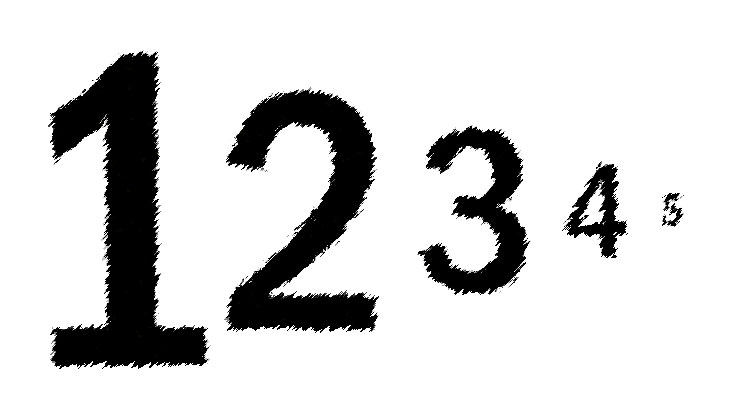
A nationwide battle to push for use of ranked choice voting is underway and the first shots have already been let loose. Last month, the first state system was fully authorized after voters in Maine, for the second time, backed instituting ranked choice voting statewide. That first-in-the-nation voting law has changed the national debate. Today another major city has a chance to be part of this movement. From the Baltimore Sun:
Baltimore could become part of a growing movement that would offer more voters a chance to participate in its Democratic primaries and a new way to determine the winners. The Maryland General Assembly will consider a bill to allow the Baltimore City Council to establish open primary elections or “ranked choice” voting for primary or general elections.
Del. Brooke Lierman, a Democrat who represents southeast Baltimore, prefiled the legislation ahead of Wednesday’s start of the 90-day General Assembly session. It would authorize the Baltimore City Council to adopt such voting systems, if a majority of council members want to.
Read the full report here. According to Democracy Chronicles’ friends at at the nonpartisan nonprofit FairVote, an organization with its headquarters in Takoma Park, Maryland:
Ranked choice voting (RCV) makes democracy more fair and functional. It works in a variety of contexts. It is a simple change that can have a big impact. With ranked choice voting, voters can rank as many candidates as they want in order of choice. Candidates do best when they attract a strong core of first-choice support while also reaching out for second and even third choices.
When used as an “instant runoff” to elect a single candidate like a mayor or a governor, RCV helps elect a candidate that better reflects the support of a majority of voters. When used as a form of fair representation voting to elect more than one candidate like a city council, state legislature or even Congress, RCV helps to more fairly represent the full spectrum of voters.
Leave a Reply